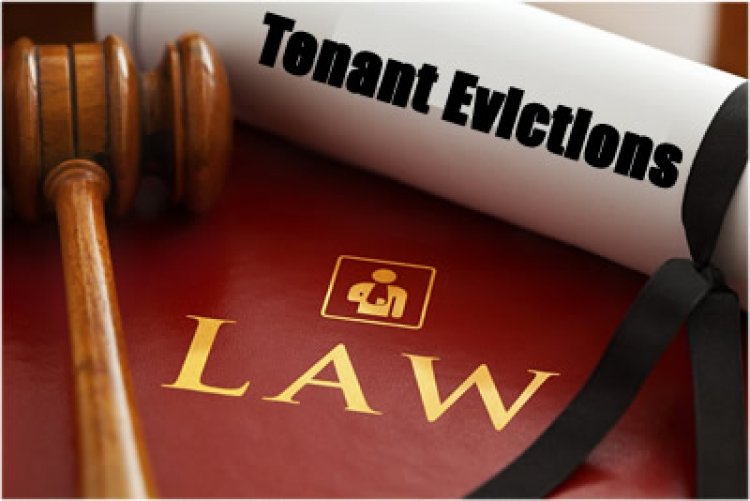Eviction Laws for Landlords in Kenya: Balancing Property Rights and Tenant Protections
Eviction laws in Kenya provide a legal framework to protect the rights of both landlords and tenants.

Eviction laws play a crucial role in striking a delicate balance between the property rights of landlords and the protection of tenants' interests. In Kenya, like many other countries, eviction laws aim to ensure fairness, prevent abuse, and provide a legal framework for resolving disputes between landlords and tenants. Herein we explore the eviction laws applicable to landlords in Kenya, highlighting their key provisions, purpose, and the importance of striking a fair balance between property rights and tenant protections.
Legal Framework for Eviction:
In Kenya, the primary legislation governing landlord-tenant relationships and eviction procedures is the Landlord and Tenant Act (Cap 301 of the Laws of Kenya). This law sets out the rights, obligations, and procedures to be followed by both landlords and tenants during eviction processes.
Provisions and Purpose of Eviction Laws:
1. Just Causes for Eviction: The law provides specific grounds under which a landlord can evict a tenant, ensuring that eviction is not arbitrary or capricious. These just causes may include non-payment of rent, breach of lease terms, illegal use of the property, or the landlord's bona fide need for personal or family use of the premises.
2. Notice Requirements: To protect tenants from sudden eviction, the law imposes strict notice requirements on landlords. Depending on the grounds for eviction, landlords must provide tenants with written notices, allowing them a reasonable period to address any issues or find alternative accommodation.
3. Court Proceedings: If a tenant disputes the eviction notice, they have the right to challenge it in court. The law provides for fair and transparent legal proceedings, ensuring that both parties have an opportunity to present their case and that decisions are made based on merit and applicable laws.
4. Prohibition of Self-Help Evictions: Landlords are prohibited from resorting to self-help measures, such as changing locks or forcibly removing tenants. Instead, they must follow the proper legal procedures to evict tenants, as outlined in the law.
Balancing Property Rights and Tenant Protections:
The eviction laws in Kenya aim to strike a balance between protecting the property rights of landlords and safeguarding tenants from unjust evictions. These laws acknowledge that tenants have the right to secure and affordable housing, and they provide mechanisms to resolve disputes and grievances. By ensuring that evictions are based on just causes and following proper legal procedures, the law promotes fairness and prevents abuse of power by landlords.
Importance of Fair Eviction Laws:
1. Tenant Stability: Fair eviction laws contribute to tenant stability by providing a predictable and secure housing environment. When tenants have confidence that they will not be unjustly evicted, they are more likely to invest in their homes, communities, and livelihoods.
2. Investor Confidence: Clear and fair eviction laws also promote investor confidence in the rental market. When landlords understand the legal framework and feel assured of their property rights, they are more likely to invest in rental properties, thus expanding the availability of housing options.
3. Social Harmony: A well-regulated eviction process promotes social harmony by preventing conflicts and disputes between landlords and tenants. It establishes clear guidelines for resolving conflicts and ensures that both parties have access to justice and legal remedies.
Eviction laws in Kenya provide a legal framework to protect the rights of both landlords and tenants. By establishing just causes for eviction, notice requirements, and court proceedings, and prohibiting self-help evictions, these laws strike a balance on property rights and tenant protection.
If you have a real estate press release or any other information that you would like featured on the African Real Estate Blog Post do reach out to us via email at [email protected]































![7 Famous Architectures in Africa [PHOTOS]](https://realestateblogpost.com/uploads/images/2023/05/image_380x226_646c9c2bd8642.jpg)
